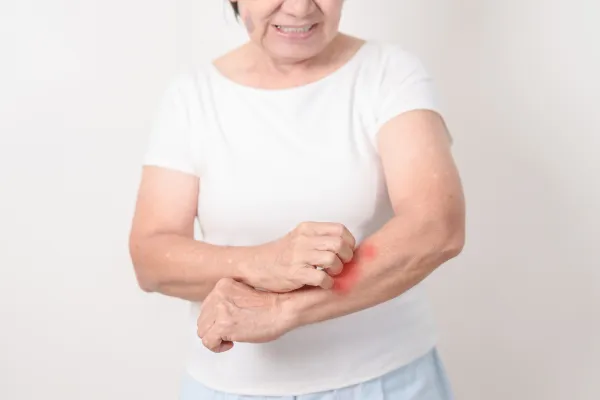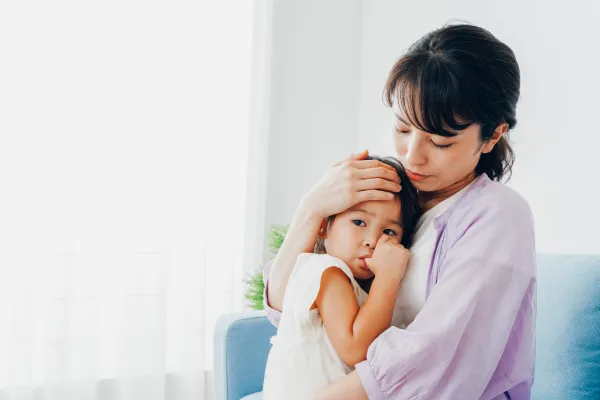Topics
Both rubella and measles are two infectious diseases that cause rashes, hence why they are constantly mistaken for being the same. However, there are notable differences in their causes, symptoms, and risk of complications. Although these two diseases are caused by viruses and are easily contagious, both rubella and measles require different approaches when it comes to treatment and prevention.
Rubella, also commonly known as “German measles,” is less severe than measles. This disease is usually spread through an infected person’s cough or sneeze droplets. Even though healthy adults may not experience severe complications through contracting rubella, it is still a big risk to pregnant women as it can cause Congenital Rubella Syndrome which affects the baby’s growth.
What are the Causes and Modes of Transmission?
The rubella virus is the cause of rubella, and it usually transmits when an infected person coughs or sneezes. The disease can also be spread through physical contact with the nose or mouth fluids of an infected individual.
The measles virus causes measles, which is extremely contagious. It is also spread through airborne droplets and can be transmitted when anyone breathes in the virus-contaminated air from coughing or sneezing.
What are the Signs and Symptoms?
People who have rubella usually experience minor symptoms like a low-grade fever, a rash that begins on the face and travels to other body parts, and a sore throat. Symptoms may persist for around 1-5 days after the rash shows up.
Measles symptoms, in comparison to rubella, are more serious. Symptoms commonly include high fever, cough, runny nose, watery red eyes (conjunctivitis), and a rash that begins on the face and travels to other body parts. Small white spots (Koplik’s spots) show up within the mouth, normally on the inner cheeks.
Compared to rubella, the symptoms of measles are more severe. Common symptoms include high fever, cough, runny nose, watery red eyes (conjunctivitis), and a rash that starts on the face before spreading to the rest of the body. Small white spots (Koplik’s spots) occur inside the mouth, usually on the inner cheeks. These characterise measles and show up 1-2 days before the rash appears.
What are the Complications?
It is rare for rubella to cause severe complications, but it can cause congenital rubella syndrome (CRS) in pregnant women. Birth defects may occur to the babies infected in the womb, such as heart problems, losing their eyesight or hearing, intellectual disability and damage to the liver or spleen.
Measles can cause severe complications such as pneumonia (lung infection) and encephalitis (brain inflammation).
What is the Importance of Vaccination?
The most effective way to protect yourself from rubella and measles is to get vaccinated. The MMR vaccine which protects against measles, mumps, and rubella, is included in Malaysia’s childhood immunisation schedule. Two doses of the MMR vaccine are usually administered – the first dose at 9 months of age and the second at 12 months of age.
Vaccines do not just protect the person taking the injection, but they protect the community through herd immunity as well. When most people are vaccinated, the risk of the spread of the disease lowers, thus protecting individuals who cannot be vaccinated.
Schedule an Appointment at Pantai Hospitals
Your health checkup findings offer important information about your body's health conditions, which can help you make the right health decisions. It does not matter if the results are positive, or send you warning signs about your health, every health checkup is a chance for you to take active steps towards a healthier lifestyle.
If you have any inquiries about rubella or measles, contact us to book an appointment at the nearest Pantai Hospital, and receive professional advice to start your health journey. To make an appointment for a health checkup, please call the health screening centre at the Pantai Hospital nearest to you.
Pantai Hospitals have been accredited by the Malaysian Society for Quality in Health (MSQH) for its commitment to patient safety and service quality.













